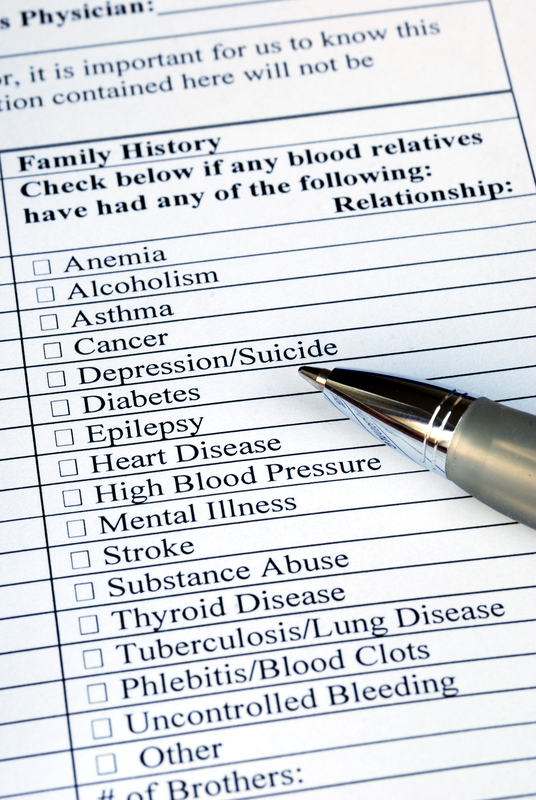Hormone Replacement Therapy Explained
New Guidelines For Hormone Replacement Therapy

Hormone replacement therapy is widely considered safe and efficient to administer to menopausal and postmenopausal women again thanks in part to a 2013 British study. New guidelines focus on a woman’s age, individual decision, and annual evaluation to determine the proper dosage and duration of hormone replacement therapy. New guidelines also take into account premature ovarian insufficiency in which a woman should be on hormone replacement therapy until the average age of menopause. Patients over sixty will be given a lower dosage to prevent cancer risks.
Conditions Not Suitable For Hormone Replacement Therapy

Hormone replacement therapy is most common in menopausal women; however, it can also be administered to women for other reasons. It is not recommended for women who are pregnant, have uncontrolled hypertension or high blood pressure or have severe migraines. Women with a history of stroke, blood clots, heart disease, and ovarian or breast cancer are strongly urged not to take hormone replacement therapy. A menopause test is not required for a woman to take hormone replacement therapy; however, it should be noted that a woman may still become pregnant for several years after her periods stop.
